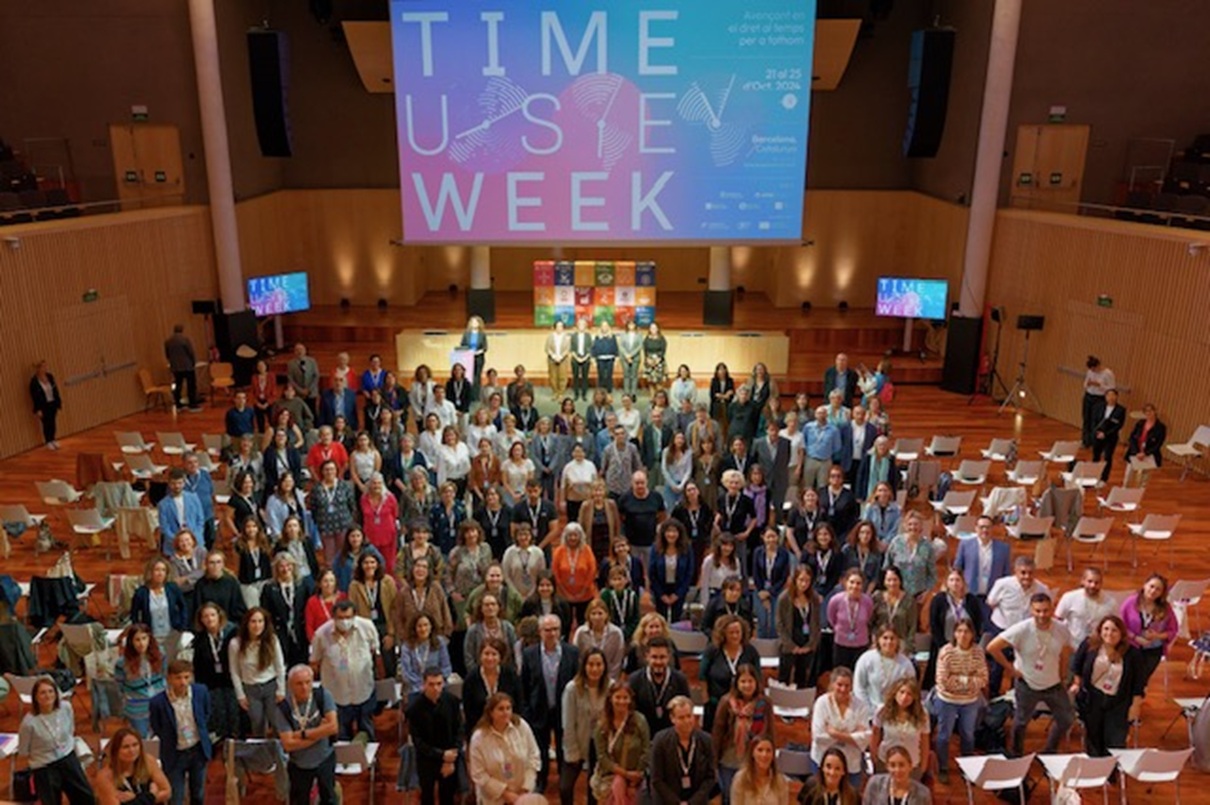As societies navigate the challenges and opportunities of ubiquitous data many are struggling to put in place viable governance approaches that protect privacy and the public interest.
Often these fail to take sufficient notice of different values and identities, overlooking the fact that data holds cultural significance that is frequently unrecognized in institutional design.
The Māori Data Governance initiative is a rare example of reimagining governance as a way to assert cultural integrity and self-determination. This initiative is part of a rising movement of Indigenous Data Sovereignty (IDSov).
Challenges in a fragmented data landscape
New Zealand is globally recognised for its advanced data systems, including the Integrated Data Infrastructure (IDI), which links diverse datasets to inform policy and decision-making.
However, from a Māori perspective, this approach raised many concerns.
For example, data essential to tribal planning and cultural revitalization was inaccessible or misaligned with Māori values. Financial and technical hurdles compounded this disparity, undermining trust and deepening skepticism among Māori communities toward government-led data practices.
As New Zealand did more to organise and orchestrate data, a debate emerged regarding the implications for the Māori community, representing approximately 20% of the population. For them, data is not merely information but an intrinsic taonga (treasure) that embodies their identity, culture, and future. This worldview called for a governance approach that recognized data requiring protection, stewardship, and care.
Existing government data processes and practices fail to meet Māori informational needs. Also, data governance arrangements usually lack clarity about what is being governed and the rationale behind governance.
Against this backdrop, the Mana Ōrite Relationship Agreement, signed in 2019 between Stats NZ and the Data Iwi Leaders Group of the National Iwi Chairs Forum, marked a significant step forward. The agreement signalled a commitment to co-governance in data, enabling iwi-Māori (Maori tribes) to actively shape how data is collected, shared, and utilised while ensuring it drives sustainable and positive outcomes for Māori communities.
A call for data sovereignty
The approach to data governance needed to align with Māori cultural values—reflecting broader concerns and debates among Indigenous communities worldwide, who have often faced the extraction of their data without meaningful participation or agency in its use.
Indigenous Data Sovereignty (IDSov) is a growing social movement and field of research.
It refers to the inherent rights and interests that Indigenous Peoples hold regarding the collection, analysis, interpretation, management, re-use, and control of their data. Indigenous data governance (IDGov) is a key mechanism for activating IDSov. It addresses the shortcomings of current data infrastructures predominantly governed by public and private entities that often overlook Indigenous needs and values.

Māori data governance model
The Māori Data Governance Model is organized around eight Data Pou (pillars) representing the building blocks that represent priority action areas.
Each Pou defines a critical area of data governance and specifies a set of directives about actions that should be undertaken. The focus remains on meaningful and achievable collective benefits and system impacts.
Key components of the strategy include:
- Halting the offshoring of Māori data to ensure it remains under local and culturally aligned control.
- Embedding anti-racist data practices within government agencies and institutions.
- Strategically investing in Māori data leadership and infrastructure, focusing on decentralized and distributed models.
- Prioritizing Māori information needs when collecting new data.
- Repatriating data to its rightful collective holders, ensuring it aligns with Māori values and ownership principles.
The Model also outlines several measures to enhance Māori authority over Māori data, including appointing a Chief Māori Data Steward to oversee the implementation of MDGov across government. Additionally, a straightforward MDGov audit tool has been developed to help agencies and organizations apply the Model effectively.
By integrating these measures, the Māori Data Governance Model provides a pathway for meaningful change that upholds Tino rangatiratanga (self-determination) and ensures data systems work for the collective benefit of Māori communities.
Institutionalizing Māori data governance
Creating Māori data principles has led to culturally centered frameworks that guide organizations in handling Māori data.
Agencies across New Zealand are adopting Māori Data Governance strategies, embedding these principles within their operations. Additionally, designated roles and practices have been established within public administration to safeguard these principles.
As a concrete example, in February 2024, Payments NZ announced the start of a comprehensive exploration of integrating Māori data governance principles into its operations to enhance New Zealand’s payment systems. The initial focus is evaluating the API Centre’s practices, which spearhead open banking initiatives. The review, grounded in the Māori Data Governance framework, aims to ensure data is managed safely, securely, and responsibly, benefiting both Māori and non-Māori communities.
Data as a tool for empowerment
By placing data governance in the hands of communities rather than just governments or big tech, the Māori Data Governance initiative highlights how technology can serve cultural empowerment and self-determination.
It shows how groups can leverage public administrations’ digitalization journeys to contribute to forming new institutional arrangements that honour Indigenous knowledge and open space for alternative ways of organising society.
In doing so, it underscores the potential of data-driven systems guided by shared values, ensuring that collective intelligence drives collective benefit.
Moreover, the initiative broadens the understanding of wisdom and narrative-building, recognising that data governance is not just about control but honouring stories, identities, and interconnected knowledge systems.
At UNDP Istanbul Innovation Days
As digitalization reshapes governance, a critical question for the future of institutions is how technological shifts can be matched with new forms of participation and recognition – ensuring that data systems do not reinforce historical exclusions.
At IID, we invite participants through plenaries, discussions, and workshops, to focus on institutions as mediators of hopeful and more secure futures, examining how they can steer and leverage societal changes such as technology for societal well-being and resilience.
This case was researched as part of Istanbul Innovation Days 2025, the UNDP’s flagship event on public innovation, and first shared on the event’s official website. We are thankful to our colleagues at UNDP and Demos Helsinki whose contributions were essential for this case story to be told.






